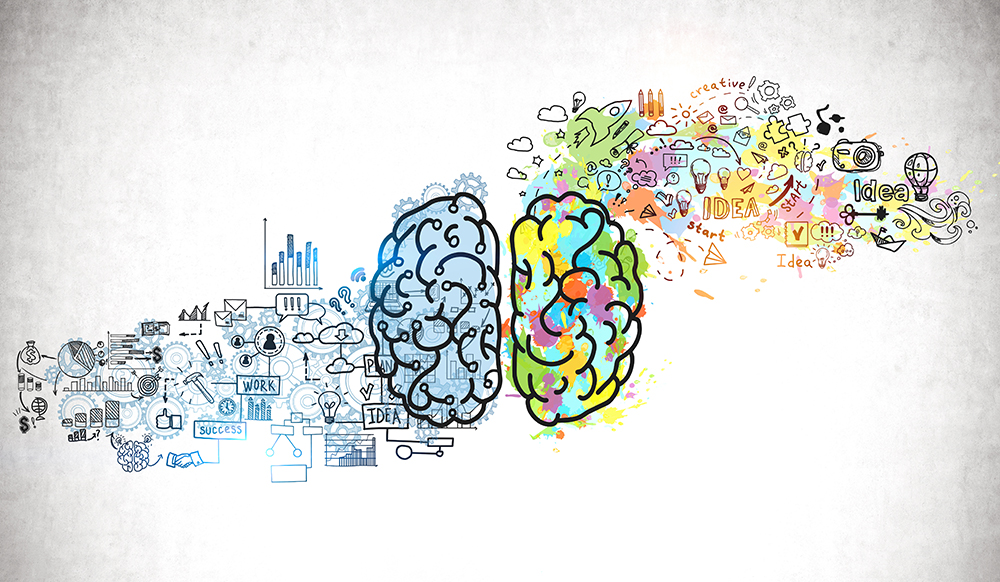In a rapidly evolving world, continuous learning is not just a benefit; it’s a necessity. Individuals who cultivate a habit of personal growth find themselves better equipped to adapt to change, innovate, and contribute positively to their communities. Here are practical tips to integrate continuous learning into your life, and how community centers play a crucial role in the learning journey.
Embrace a Growth Mindset
The foundation of continuous learning is a growth mindset, a concept developed by psychologist Carol Dweck. It involved believing that your abilities and intelligence can be developed over time. With a growth mindset, every challenge becomes an opportunity to learn, and every failure is a stepping stone to success. This perspective not only enhances personal growth and resilience but also encourages you to engage more deeply with your community, as you’re more likely to participate in communal events without fearing failure.
Establish a Learning Culture
Creating a learning culture starts with curiosity and a commitment to self-improvement. To cultivate this culture, we must foster collaboration and knowledge-sharing amongst our communities. Start by setting clear learning goals to determine what you want to achieve and outline measurable steps to get there. Next, seek our resources. Public libraries, online courses, and workshops are excellent ways to begin. Finally, remember to practice consistently. Our new skills will improve with practice, further reinforcing learning as a part of daily life. Public infrastructure is pivotal in this regard, offering workshops, classes, and access to materials that support a wide range of learning topics, skills, and hobbies. Community centers are also ideal for fostering collaboration to enhance individual learning and engage with others where you can gain different perspectives and learn new ideas. Challenging your assumptions and considering other points of view is critical to learning and broadening your knowledge on a larger scale.
Adapt to Change
Adaptability is crucial in today’s ever-changing landscape, Being open to change and ready to learn new skills to handle evolving circumstances are essential traits. To adapt effectively:
- Stay informed: Keep up to date with the latest developments and technologies and consider how they may have an inter-disciplinary impact.
- Be proactive: Anticipate changes and prepare by acquiring new skills which may be relevant in advance.
- Learn How to Innovate: Innovation involves applying your knowledge creatively to solve problems and create new products, processes, or ideas. It requires a blend of critical thinking and creativity, skills that are nurtured in environments where experimental learning and thinking outside the box are encouraged.
Make Time for Reflection
Reflection is an integral part of learning. It allows you to consider what you’ve learned, understand your thought processes, and integrate new knowledge with existing ideas. Here’s how you can incorporate reflection into your learning:
- Keep a Journal: Write down what you learned each day and your thoughts on it.
- Discuss With Peers: Talking through what you’ve learned can offer new insights and reinforce your understanding.
Community Impact
Embracing these principles of continuous learning not only benefits you individually but also enriches the community as a whole. Public infrastructure that creates spaces for learning, interaction, and collaboration helps on the learning journey by encouraging the exchanging of ideas. Community centers can provide access to resources and opportunities and make them available for all to enjoy and benefit from. By creating spaces that combine various disciplines such as art, science, and business, and opening it up for public consumption, we can all benefit. In adopting these learning strategies you can significantly enhance not only your life but your communities as a whole.
